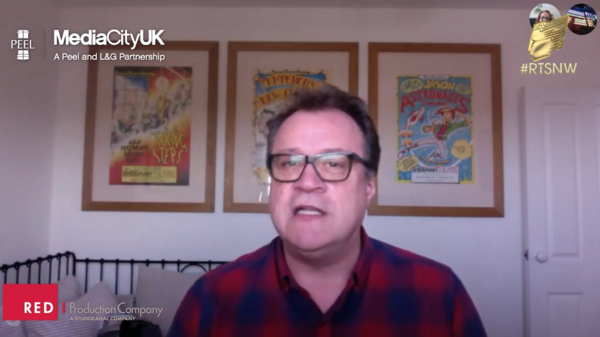Turning trophies into ward wear
Anyone who’s been to an RTS awards ceremony will be familiar with the work of Scottish firm Midton Acrylics, maker for these past 30 years of the Society’s much-coveted and distinctive trophies.
As the coronavirus crisis deepened, Midton swapped making awards to manufacturing plastic visors to help protect health workers treating local Covid-19 patients.
The company has produced up to 600 visors a day from its factory in Lochgilphead, Argyll.
The visors have been sent to Oban’s Lorn & Islands Hospital and Mid Argyll Community Hospital in Lochgilphead.


